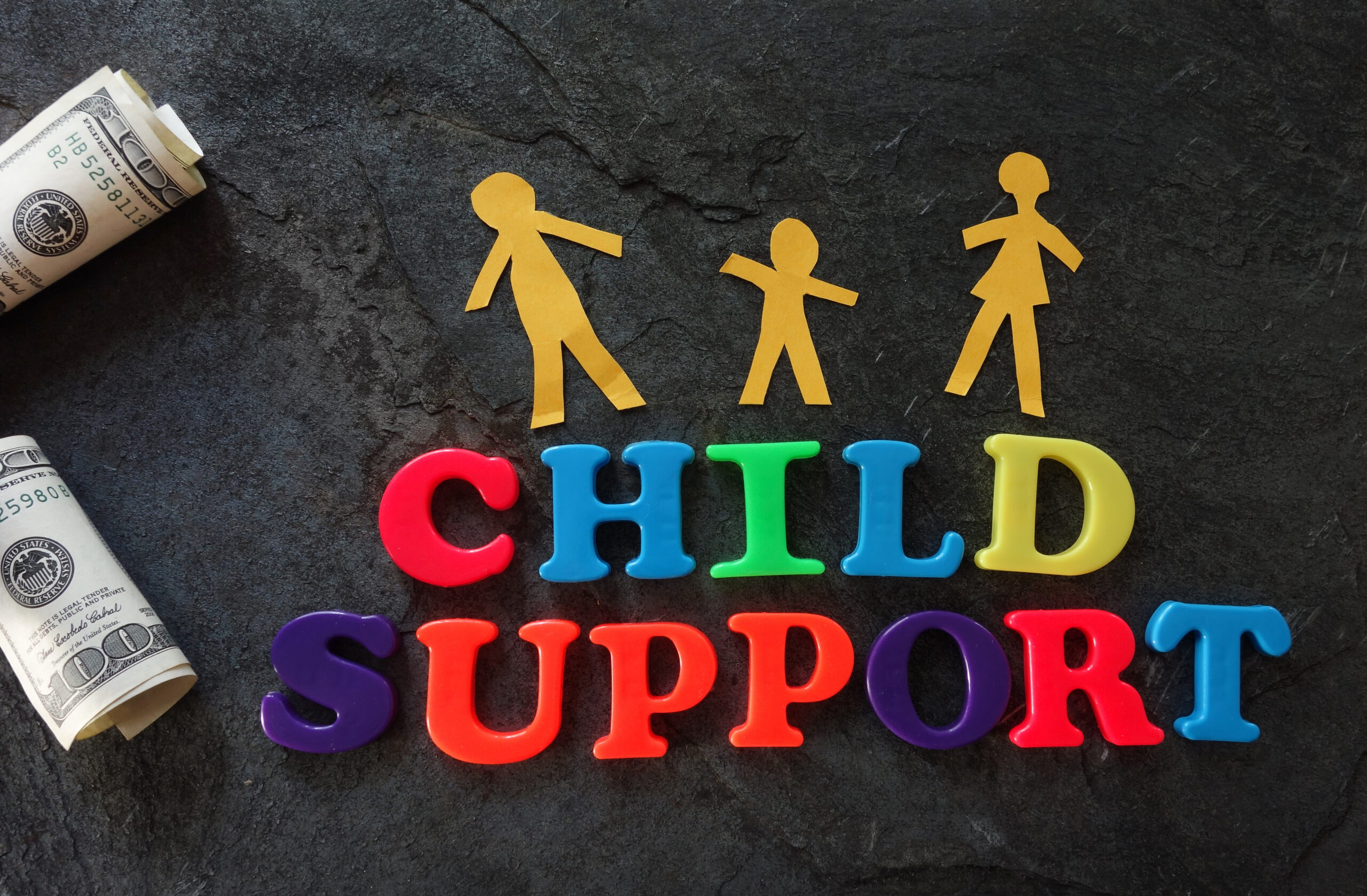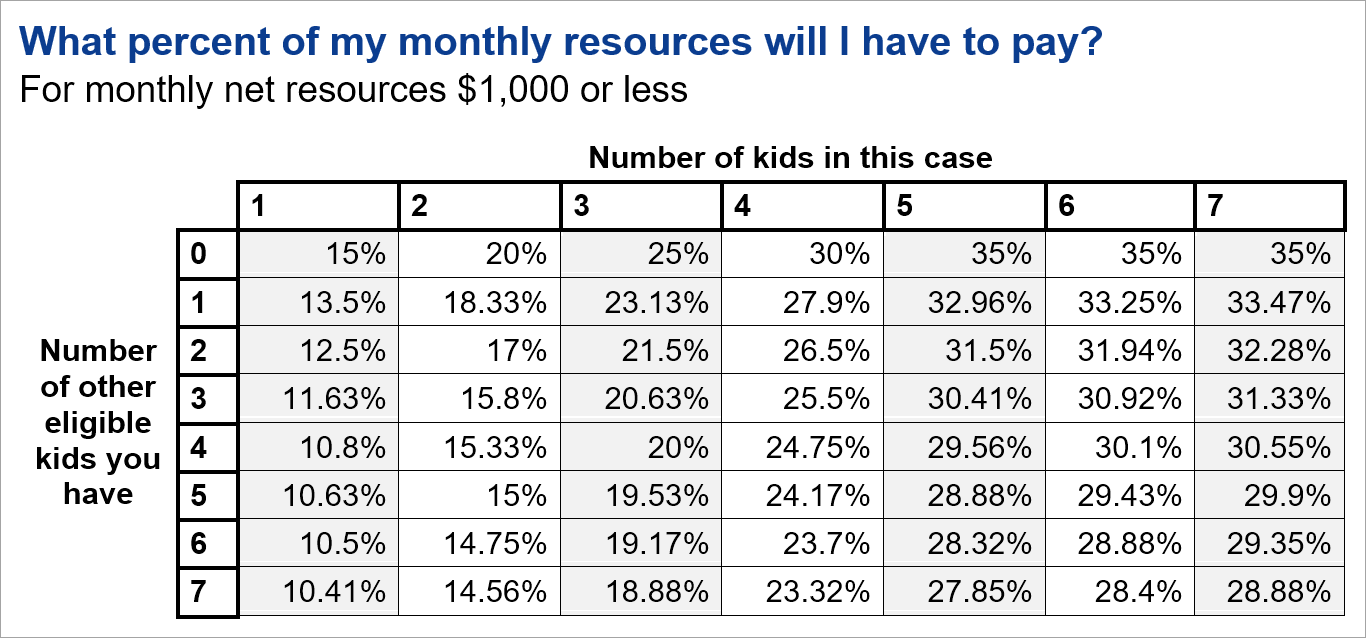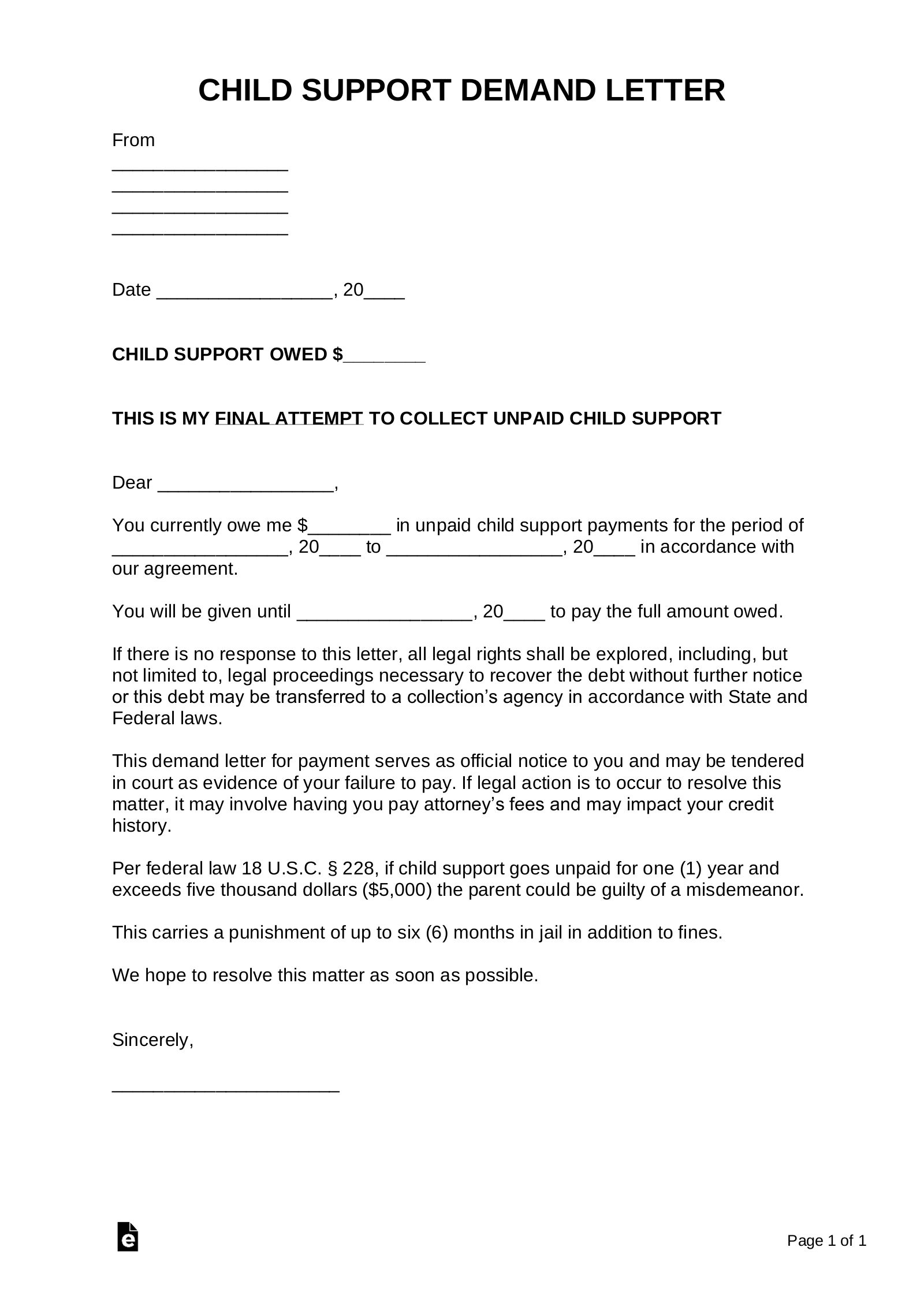Child support is an essential financial support system designed to ensure that children receive the care and resources they need after separation or divorce. However, it’s not uncommon for custodial parents to experience delays in receiving these crucial payments. If you find yourself asking, “Why is my child support payment late this week?”, you are not alone. In this article, we will explore the many reasons behind late payments, provide practical solutions, and share insights to help you navigate this challenging situation.
Understanding Child Support Payments
Before delving into the potential reasons for delayed child support payments, it’s important to understand how these payments are typically processed.
The Basics of Child Support
Child support is a financial obligation imposed by the court on a non-custodial parent to contribute to the upbringing of their child. The calculations for child support payments can vary based on several factors, including income levels, the needs of the child, and the overall financial situation of both parents. Understanding these factors can help parents set realistic expectations.
How Payments Are Processed
In the United States, child support payments are often processed through state-managed systems. Payments can be made through direct deposit, wage garnishments, or other methods depending on the state’s regulations. This can sometimes lead to delays.
Common Reasons for Late Child Support Payments
There are various factors that can contribute to delays in child support payments. Understanding these can help you identify the issue and take appropriate action.
1. Administrative Delays
One of the most common reasons for late child support payments is administrative delays within the child support enforcement agency. Processing times may vary based on workload and staffing issues.

Impact of Local Agency Efficiency
Some regions have a higher efficacy in handling child support cases than others. Research indicates that states like California and Texas may experience slower processing times due to a high volume of cases (source: ACF Child Support Initiatives).
2. Employment Changes for the Non-Custodial Parent
Changes in employment status for the non-custodial parent can directly affect child support payments. If they lose their job or switch jobs, it can temporarily delay payments until the new income is verified.

3. Payment Method Issues
Different payment methods can also lead to delays. For instance, if the non-custodial parent’s payment is sent via mail, postal delays might affect the arrival time. Additionally, automated payments might fail due to insufficient funds.
Comparison of Payment Methods
| Payment Method | Pros | Cons |
|---|---|---|
| Direct Deposit | Fast and secure | Requires setup from both parents |
| Traditional method | Subject to postal delays | |
| Online Payment Portal | Easy tracking and management | May involve transaction fees |

4. Tax Season Delays
If the non-custodial parent is expecting a tax refund to cover the child support payment, it may be delayed during tax season due to backlogs or audits. This is particularly common during the months of February through April.
5. Changes in Court Orders
Sometimes, there may be changes in court orders due to requests from either parent. This can temporarily disrupt the usual payment flow until the new orders are established.

What Should You Do if Your Child Support Payment is Late?
Experiencing a late payment can be stressful. Here are steps you can take to address the situation.
1. Check the Payment Status
Begin by verifying the status of the payment through your state’s child support enforcement website or payment portal. Many states allow you to view real-time updates about payment status.

2. Communicate with the Non-Custodial Parent
If you feel comfortable, reach out to the non-custodial parent to discuss the situation. They may have a valid reason for the delay and be willing to resolve the issue directly.
3. Contact Your Local Child Support Agency
If you cannot resolve the issue directly, contact your local child support agency. They can provide insights into the delay and may help facilitate the payment process.

Proactive Measures with Child Support Agencies
Staying updated and proactive can prevent longer delays. Consider setting reminders for payment dates and following up promptly.
Tips for Ensuring Timely Child Support Payments
Preventative measures can help ensure that you receive your child support on time. Here are some effective tips:

1. Set Up Automatic Payments
Encourage the non-custodial parent to set up automated payments, which reduce the chances of missed payments due to forgetfulness or administrative issues.
2. Utilize Child Support Tracking Apps
There are various apps designed to help parents track child support payments. Using technology can help you stay informed.
Popular Child Support Tracking Apps
| App Name | Features | Cost |
|---|---|---|
| My Family Wizard | Co-parenting tools, payment tracking | Subscription-based |
| Custody X Change | Visitation scheduling, payment logs | One-time fee |
| ChildSupportApp | Payment reminders, tracking | Free with in-app purchases |
3. Maintain Communication with Your Lawyer
If you have legal representation, keep an open line of communication about any payment concerns. They can provide guidance on how to address issues effectively.
What to Do if Payments Remain Late?
If late payments persist, you may need to consider legal action. Here are steps you can take:
1. Document Everything
Keep detailed records of payments and communications regarding child support. This documentation is crucial if you need to take legal action.
2. Consult with a Family Lawyer
A family lawyer can provide advice on how to enforce child support orders, including filing for contempt of court if necessary.
3. Consider Modifying Child Support Orders
If the non-custodial parent is experiencing financial difficulties, it may be wise to consider a modification of child support orders to better match the current situation.
FAQs About Late Child Support Payments
Why can child support payments be late?
Child support payments can be late due to various reasons, including administrative delays, changes in employment status of the non-custodial parent, and issues with the payment method.
What should I do if my child support payment is consistently late?
If your child support payment is consistently late, document all communications and consider contacting your local child support agency or consulting a family lawyer for advice.
Can I take legal action for late child support payments?
Yes, you can take legal action if payments are persistently late. Consult with a family lawyer to explore your options.
Conclusion
Experiencing a delay in child support payments can be frustrating and stressful, but understanding the potential reasons and knowing what steps to take can help ease your situation. By staying informed, maintaining communication, and utilizing available resources, custodial parents can navigate the challenges associated with child support payments more effectively. Remember, you are not alone in this process, and solutions are available to help you ensure that your child’s needs are met.
For more information regarding child support and best practices, visit the Office of Child Support Enforcement for resources and assistance.